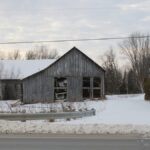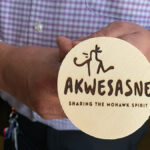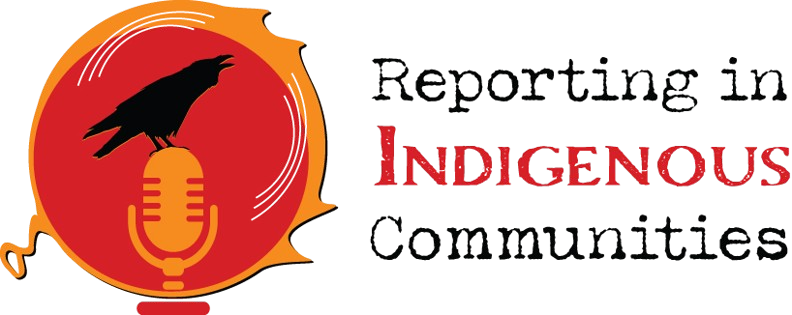
by zuhrinajibril@cmail.carleton.ca | Apr 25, 2024 | 2024
Amanda Buckshot is the manager of Buck’s Sports Shop. Serving both Kitigan Zibi and Manawaki, her employees serve customers in both English and French. [Photo © Isabella Rumfeldt] Help wanted: why businesses at Kitigan Zibi have to navigate three languages Learning...

by nathanfung@cmail.carleton.ca | Apr 25, 2024 | 2024
Gavin Decontie sprays down the stains on a client’s couch with a cleaning solution and then goes over it with the handle of a portable carpet cleaner. [Photo © Nathan Fung] How asthma and a dusty couch launched a First Nations-owned cleaning company Gavin Decontie...

by Madeleine Van Clieaf | Apr 11, 2024 | 2024
Abandoned barn stands amidst the landscape of land acquired by Pikwàkanagàn’s LP. As the community deliberates on its final purpose, the fee simple land brings available equity within the community. [Photo © Madeleine Van Clieaf] Waiting for land back, Pikwàkanagàn...

by Catriona Koenig | Apr 10, 2024 | 2024
Edward Smoke is the business services specialist at the Office of Economic Development for the Saint Regis Mohawk Tribe and a hobbyist entrepreneur in his free time. [Photo © Catriona Koenig] Reversing the “brain drain”: entrepreneurs find economic opportunities in...

by ashleykeller3@cmail.carleton.ca | Apr 8, 2024 | 2024
Jason Michelin has worked over 30 jobs in his life, but out of them all he likes the title entreprenuer best. [Photo © Boshko Maric] “I’m anti-capitalist”: how one Inuk entrepreneur is including cultural values in his work Self-proclaimed “Inuk-preneur” Jason Michelin...






